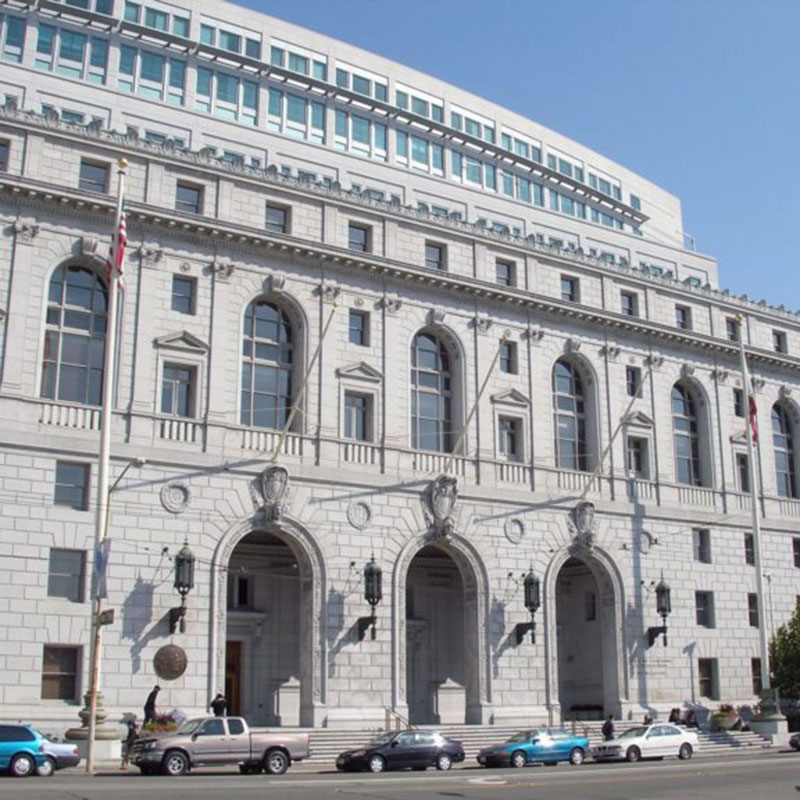 You consult with an attorney who offers to represent you in a “wage and hour” class action case where you, as a plaintiff and class representative, will have an opportunity to represent all of the company’s California employees in a fight for unpaid wages.
You consult with an attorney who offers to represent you in a “wage and hour” class action case where you, as a plaintiff and class representative, will have an opportunity to represent all of the company’s California employees in a fight for unpaid wages.
But how can you, as a class representative, prove that the company’s other employees have also suffered from wage theft?
On July 13, 2017, the California Supreme Court in Michael Williams v. Superior Court of Los Angeles County (Marshalls of CA LLC), Case Number S227228, effectively answered these very questions in a case involving wage theft. In Williams, the California Supreme Court reversed an appellate court decision that affirmed a trial court’s refusal to force Marshalls to disclose the identities and contact information of Marshalls’ California roughly 16,500 employees pursuant to the California Labor Code Private Attorneys General Act (“PAGA”).
Although Mr. Williams worked at only one Marshalls location, he and his attorneys asked the trial court to order Marshalls to disclose the identities and contact information of all of Marshalls’ California employees in order for them to investigate how widespread Marshalls’ wage theft practices were.
Marshalls convinced the trial court and appellate court that it had no obligation to disclose employees’ names and contact information outside of Mr. Williams’s own Marshalls work location by making various arguments including, but not limited to, arguing that Mr. Williams must prove that employees at other Marshalls locations suffered from wage theft in order to be entitled to any more employees names and contact information.
The California Supreme Court rejected Marshalls’ arguments, ruling that “…California law has long made clear that to require a party to supply proof of any claims or defenses as a condition of discovery in support of those claims or defenses is to place the cart before the horse.”
In other words, California discovery law generally gave Mr. Williams a right to other employees’ contact information to help prove his case and Mr. Williams was not required to prove his case before he had a right to other employees’ contact information.
The California Supreme Court added that: “Our prior decisions and those of the Courts of Appeal firmly establish that in non-PAGA class actions, the contact information of those a plaintiff purports to represent is routinely discoverable as an essential prerequisite to effectively seeking group relief, without any requirement that the plaintiff first show good cause.” Williams reaffirms that “[c]ontact information regarding the identity of potential class members is generally discoverable, so that the lead plaintiff may learn the names of other persons who might assist in prosecuting the case . . . . Such potential class members will often qualify as “percipient witnesses,” whose contact information the discovery statutes explicitly make a “proper subject[] of . . . discovery.”
Williams is an extremely important case for class representatives in wage and hour class action cases because it affirms a class representative’s right to obtain discoverable information from a defendant such as employee identities and contact information in the early stages of a class action case without first proving that the plaintiff (or other employees) were victims of wage theft. In doing so, Williams effectively answers the question: How can I, as a class representative, prove that other class members suffered from the same wage and hour violations as I did? Indeed, Williams effectively states you and your attorney can prove that company’s employees have suffered from wage theft by receiving their identities and contact information and communicating with them.